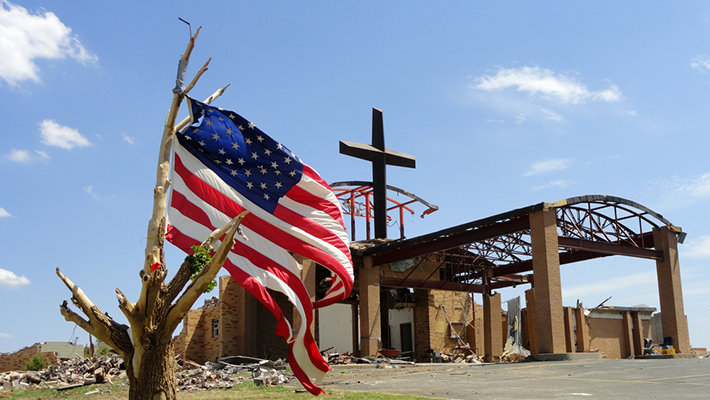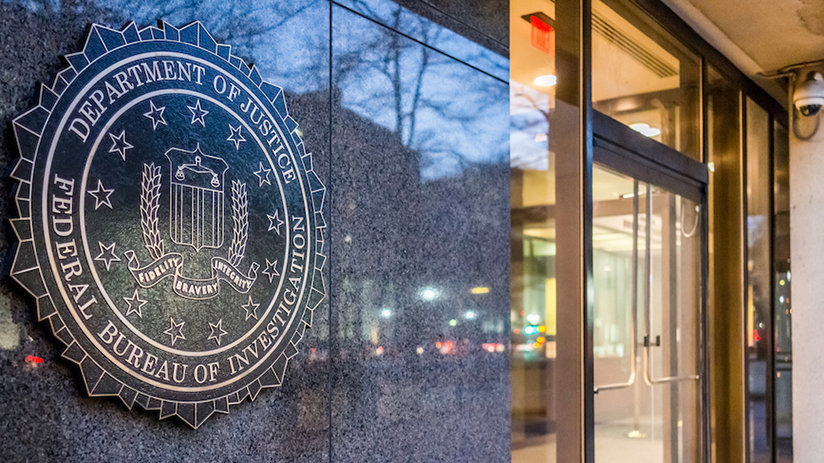
-
HOME
-
WHAT IS STANDOur Mission Our Values Our Help Contact
-
WHAT WE FIGHT FORReligious Freedom Religious Literacy Equality & Human Rights Inclusion & Respect Free Speech Responsible Journalism Corporate Accountability
-
RESOURCESExpert Studies Landmark Decisions White Papers FAQs David Miscavige Religious Freedom Resource Center Freedom of Religion & Human Rights Topic Index Priest-Penitent Privilege Islamophobia
-
HATE MONITORBiased Media Propagandists Hatemongers False Experts Hate Monitor Blog
-
NEWSROOMNews Media Watch Videos Blog
-
TAKE ACTIONCombat Hate & Discrimination Champion Freedom of Religion Demand Accountability
Why “Sticks and Stones” Should Be the New College Creed
“I disapprove of what you say, but I will defend to the death your right to say it” has fallen on hard times in American campuses of late, abandoned amid partisan firefights and outright violence sparked by self-righteous outrage at “offensive” points of view.
“Hate speech is a speech act that can harm the central nervous system,” said U.C. Berkeley Professor Nancy Scheper-Hughes recently. “It can result in PTSD… In short, hate speech is an act of violence.”
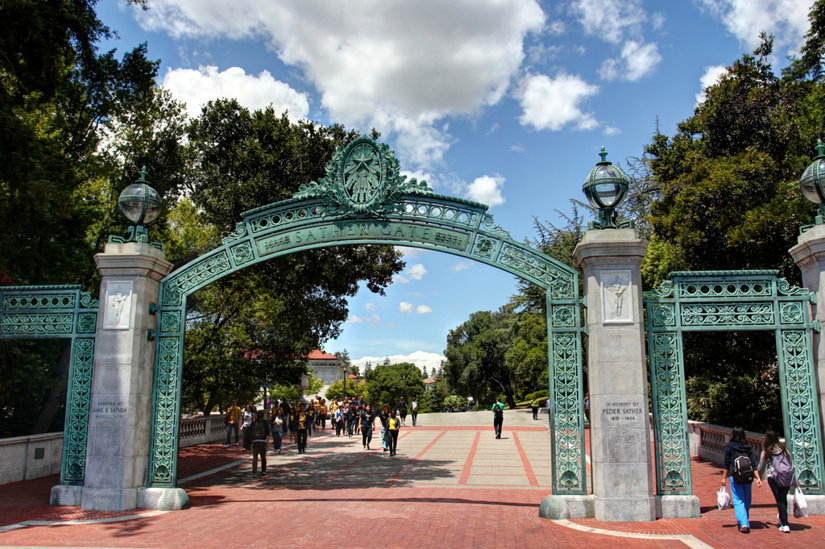
Equating speech—the simple transmission of vibrations through the air—with acts of assault justifies violence against speakers with whom one disagrees. In an intensely confrontational political and social environment, such justification has led not only to unpopular speakers being drowned out by hecklers and protesters, but violent confrontations, arrests and injuries.
While First Amendment protected speech has legal limits, it can still be ugly, racist, misogynistic and inflammatory. It can offend the sensibilities. But Berkeley—where, in the 1960s, the free speech movement threw off government restrictions on speech, and whose motto is “fiat lux” or “let there be light”—has been a battleground of violent confrontations when unpopular speakers appear.
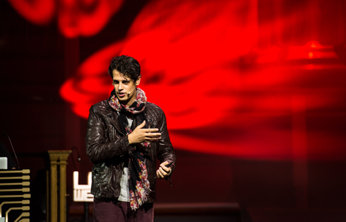
That same philosophy, however, which fought to speak has consistently refused to listen. Appearances by Milo Yiannopoulos and Ann Coulter, for example, were cancelled because of anticipated protests and threats of violence.
And this intolerance of differing views by students is not an isolated phenomenon. A recent national survey of 1,500 college students revealed some alarming trends.
The survey results, said John Villasenor of the Brookings Institute “…show that a very significant fraction of students, across all categories, believe it is acceptable to silence (by shouting) a speaker they find offensive. Even worse,” he continues, “about 20 percent of students believe violence is acceptable to silence speech.”
Attempts to stop disagreeable speech on campus are not new.
On another survey question, said Villasenor, “The majority of students appear to prefer an environment in which their institution is expected to create an environment that shelters them from offensive views.”
Some of this astonishing opinion may spring from misunderstandings about the First Amendment, a possibility strengthened by a phony petition drive conducted several years ago at Yale University by activist filmmaker Ami Horowitz. Horowitz told students he was collecting signatures to abolish the First Amendment because it protected hate speech and 50 students signed.
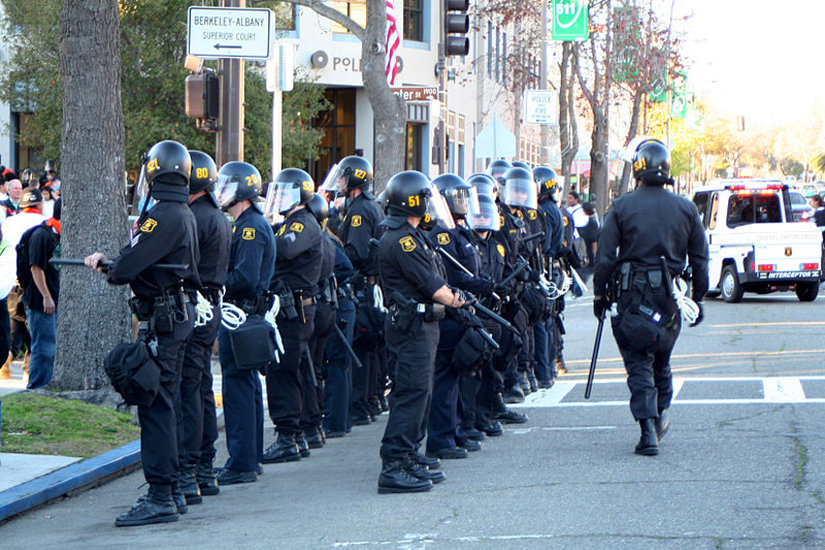
Attempts to stop disagreeable speech on campus are not new. Colleges even today restrict free expression through campus speech codes and often restrict free expression to certain days of the week at some designated “free speech” platform. Students are expelled for expressing protected speech, organizations with a religious belief are refused funding given to other campus organizations, and those posting “inappropriate” social media content are censured.
Greg Lukianoff, head of FIRE, the Foundation for Individual Rights in Education—which champions the rights of individuals to speak out on campus—said recently that university administrators actually believe they may be investigated by the U. S. Department of Education if they fail to censor campus speech that some may find offensive. According to Lukianoff, our society and our campuses are pushing the idea that people are fragile and need to be protected from upsetting words and ideas. Like Berkeley’s Scheper-Hughes, they perhaps think that offensive speech equates to violence and should be responded to in a violent fashion.
Universities have a problem to solve: bright, privileged students who demand to be heard yet who think disruption—or even violence—is justified to stop speech they find offensive.
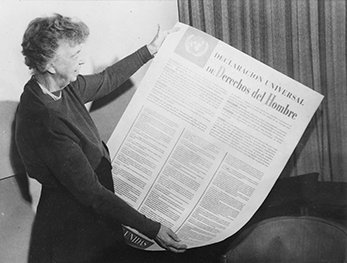
The right to free expression is larger than the United States and the First Amendment. Article 19 of the Universal Declaration of Human Rights states that: “Everyone has the right to freedom of opinion and expression; this right includes freedom to hold opinions without interference and to seek, receive and impart information and ideas through any media and regardless of frontiers.” Shouting down a speaker, even without violence, disrupts both the imparting and the receiving of information and ideas, and thus the actions of the shouter violate the word and intent of the Declaration.
Everyone is, at some time, confronted with expression they find disturbing, unfair, mean-spirited, or cruel. Sometimes it can be handled by switching the channel or walking away. But when that is not possible, there is a strategy that can be helpful. It’s called “Two Rules for Happy Living” by L. Ron Hubbard.
- The first rule is: “Be able to experience anything.”
- And the second is: “Cause only those things which others are able to experience easily.”

Universities have a problem to solve: bright, privileged students who demand to be heard yet who think disruption—or even violence—is justified to stop speech they find offensive. Vital information has been omitted from these students’ education. In fact, Robert Frost said: “Education is the ability to listen to almost anything without losing your temper or your self-confidence.”
We should begin addressing this in elementary school. Thumper, in the movie Bambi says: “If you can’t say somethin’ nice, don’t say nothin’ at all.” But we’re pretty far from a world in which anything “not nice” is withheld. Perhaps today a more useful social approach would be to revive that old bit of doggerel: “Sticks and stones may break my bones, but words will never hurt me.”






